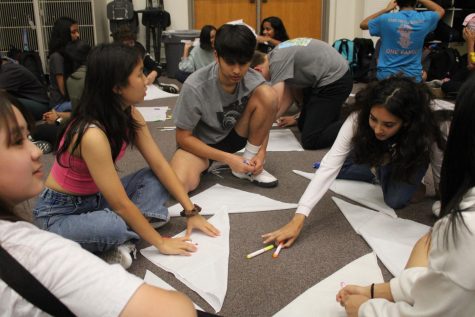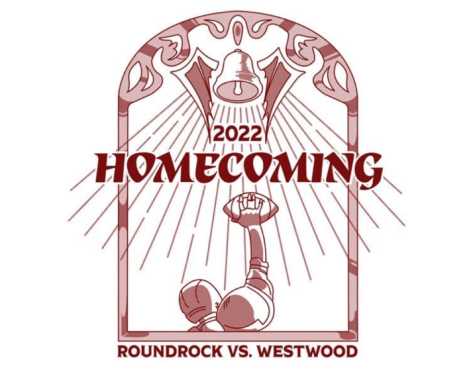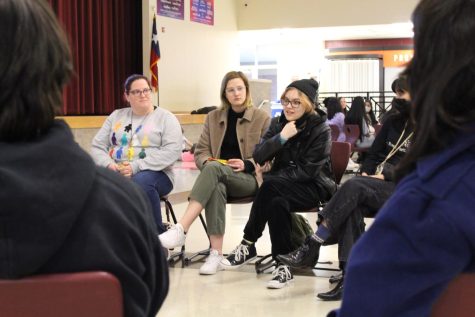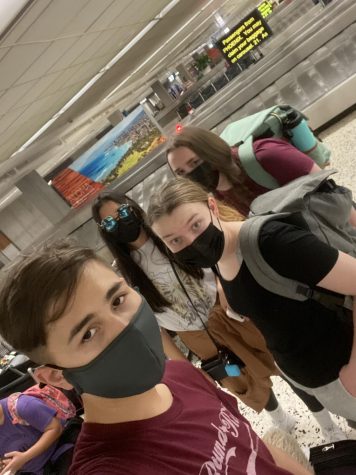Are you under the influence, the Social Media influence?
The influence of social media around the world connects people in ways that would not be possible without it. It allows contact further than a person’s direct social circle, as well as open global conversations about topics that would otherwise be out of reach. According to Statista, 80% of the population in America uses some form of a social media platform.
“Social media is what connects me to my friends,” said senior Lucas Green. “Especially during quarantine when we were all living such separate lives, so I created the habit of using it so often.”
However, opponents argue that social media affects people’s lives in ways that contradict a healthy lifestyle. For this reason, many people advise against social platforms, or to at least only take it with a grain of salt. The problem then arises when social networks are over-used and governs a person’s life. The situation of over using social media can take away from experiences in life, and might take a person out of the present.
“I try not to be on it all the time because it makes me feel so unproductive,” Lucas said. “Your mind is almost comfortably numb when you’re just consuming mindless media.”
The balance of social media may be a hard thing to control, especially when it’s so popular throughout teenagers and communication in general. Many students like L. Porter use social media every day. However, according to Porter, social media influences him negatively overall. When a person is consumed with the “fake reality” that social media provides, a person’s mental health can be negatively affected. Social media consists of posed photos and deliberately edited opinions, the contrasts from the proclaimed perfection and the reality of human nature can affect how a person thinks they should act, or how they should be seen.
“There’s definitely an influence on people’s self confidence,” Porter said. “It just serves as a distraction from what you really want to be doing with your life.”
Social platforms connect people in ways that face-to-face communication could never provide. Long-distance friendships can be more easily manageable when you can keep up with their life through their posts. However with the way social communication can increase screen-to-screen communication, thus decreasing face-to-face communication, it might also disrupt the true value of communication. Humans are naturally very social creatures. It can be a source of happiness and something that repels feeling isolated. However, when social media incorporates talking through a screen, and makes it more available and easier, it’s easy to continuously rely on that kind of communication instead of in person. For example, some people would prefer keeping in touch using social media platforms instead of calling or just simply talking to the other person.
“Social media does consume a lot of the natural feelings you get when you communicate with other people,” Lucas said. “When something like that is so accessible it’s hard to take the step to communicate naturally, especially when it’s less normalized.”







